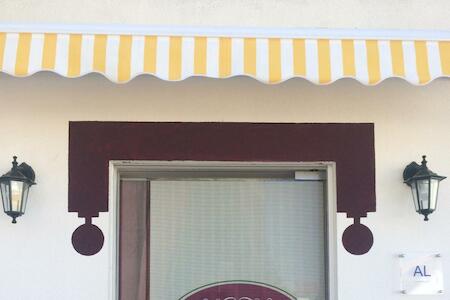Looking for budget stays in Golega? This section is designed to save you time, money, and unnecessary stress. We've got insider tips to help you find affordable hostels and the cheapest places to stay in Golega.

Golega, Portugal, is a small village of less than six thousand inhabitants in the municipality of Santarem, about one hundred forty kilometers north of Lisbon. Golega sits in the heart of Ribatejo province, the most traditional Portuguese area, crossed by the Tago River (Tejo in Portuguese) with no coastline or border with Spain to attract tourists.
Despite being so small, Golega is considered the national capital of horses and it is a common stop and a popular place for pilgrims on the way to Fatima or Santiago de Compostela, resting in one of the Golega, Portugal hostels or albergues in the village.
Other tourist attractions in Golega are Igreja Matriz, the cathedral built in Manueline style, and the Quinta de Cardiga, a beautiful luxury Renaissance house, donated by Templar Knights in the twelfth century.
Moreover, a Nobel prize winner for literature, Josè Saramago, was born in the Golega suburb of Azinhaga.
All this explains the popularity of this village among Portuguese people and the abundance of accommodations in Golega, despite the lack of obvious tourist attractions. There are hostels in Golega, Portugal; there are also pensions, pilgrim accommodations, and good value hotels and guesthouses.
For visitors that do not plan to reach Golega on a pilgrimage or with their own vehicle, the closest train station, Riachos-Torres Novas, is five kilometers away, but served only by regional trains. The faster train Intercidades stops in Entroncamento, taking an hour from Lisbon. From both train stations, Golega is connected by infrequent local buses on a ten- or twenty-minute ride.
The biggest event in town is the National Horse Fair, that lasts ten days in November. This fair has been going on since the early eighteenth century! The first half of May is the other busiest time of the year, with the annual mass pilgrimage to Fatima. Except for these periods, it is not usually a problem to find a Golega, Portugal hostel or other budget accommodation last minute in Golega, as most visitors stay only for a night or two.
Written by Travel Expert Golega
 i viaggi di clach
i viaggi di clach